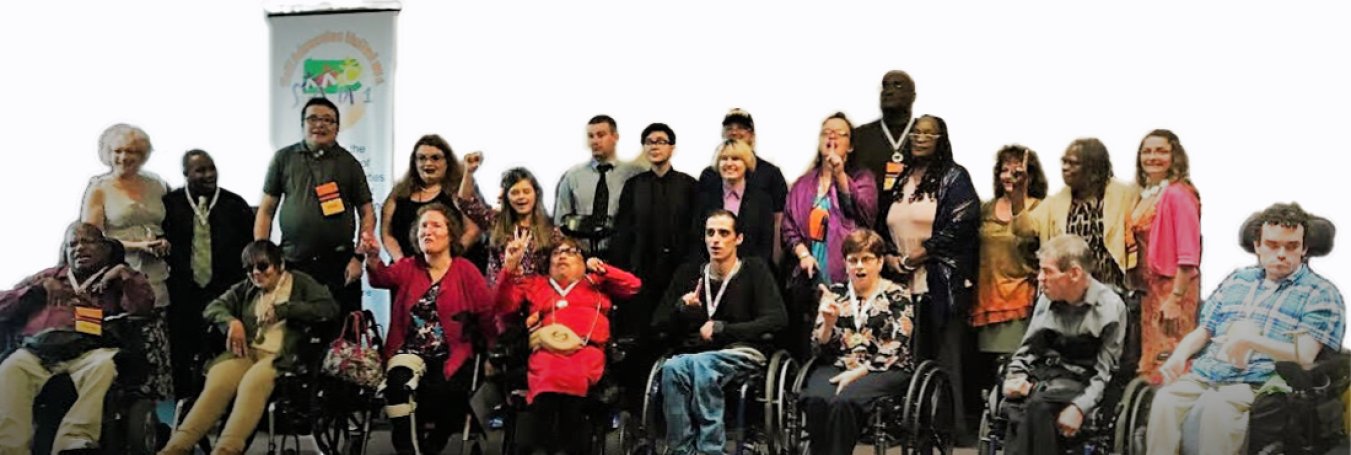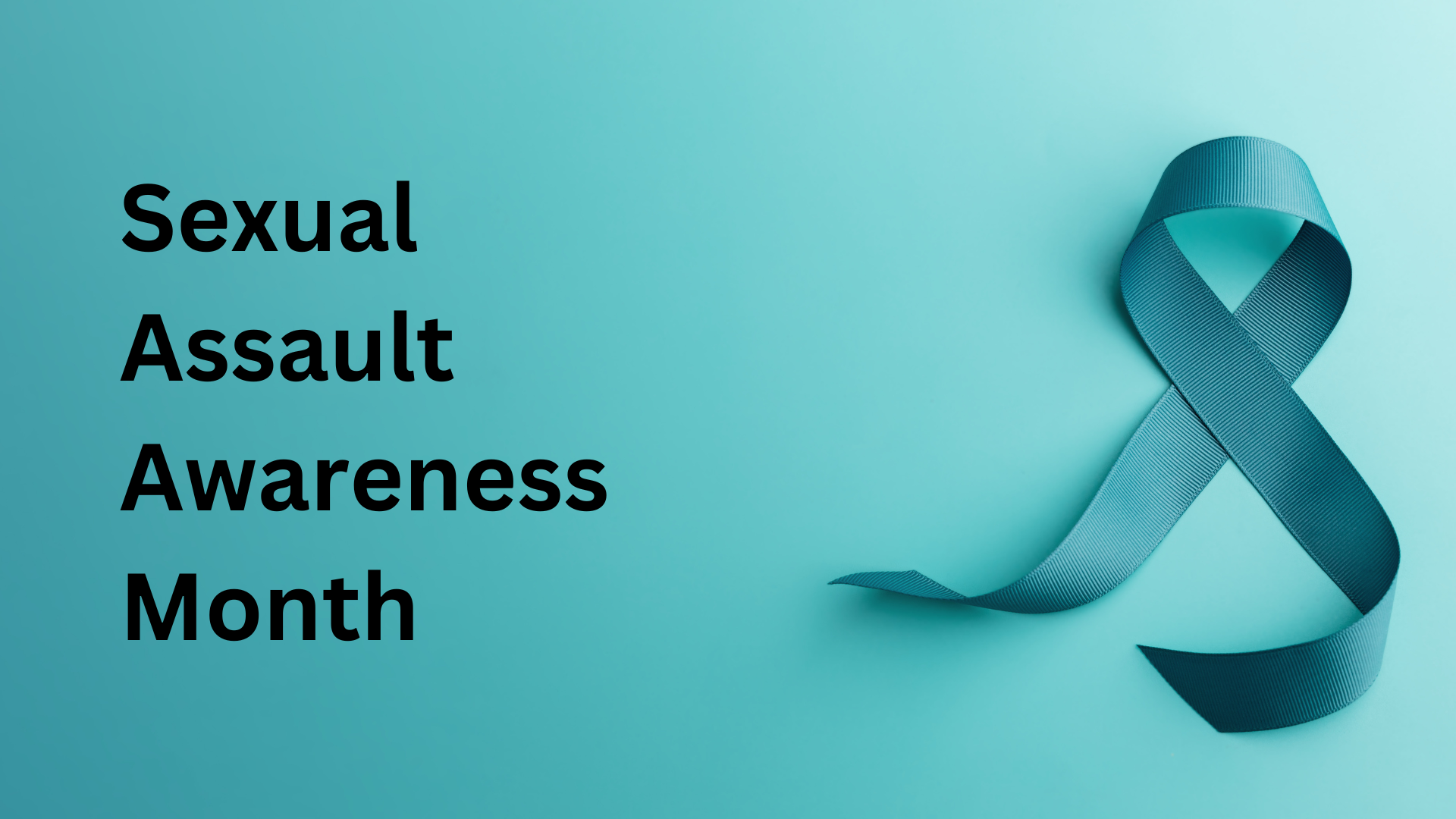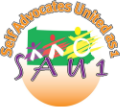
Inclusive Awareness: Shedding Light on Sexual Assault Awareness Month in the Disabled Community

Writer’s Note/ Content Warning: This blog talks about sexual assault. Please make sure to follow SAU1’s number one rule, “take care of yourself,” whatever that means for you, while reading this blog.
In our last blog post, we mentioned that April is Autism Acceptance month. But, April is also Sexual Assault Awareness Month. So, it is a time to shine a light on the stories of survivors and how you can use resources to help reduce your own risk of suffering sexual violence. The Office of Family Violence Prevention and Services says, “This is a time for advocates, survivors, their loved ones, and the community to come together to talk openly about sexual violence to support survivors, increase knowledge and awareness, and identify strategies and resources to prevent sexual violence.”
As this type of violence grew over the years, a need to highlight it and try to prevent it also became necessary. The idea for there to be a month highlighting this type of violence began in 2001, when the very first Sexual Assault Awareness Month was celebrated. Former President Barack Obama, declared April Sexual Assault Awareness Month permanently in 2009. The goal in doing this was to help not only raise awareness, but give people ways to help reduce the risk of sexual violence. While the focus has changed slightly over the years, the overall goal of the movement has stayed the same, says the National Sexual Violence Resource Center.
Looking at sexual assault as a whole, there are a lot of resources for individuals that are not part of the disability community, but there is a lack of resources for those that are part of the disability community. The Center for American Progress tells us, “According to the Bureau of Justice Statistics’ 2009–2014 National Crime Victimization Survey, people with disabilities were more than three times more likely than nondisabled people to experience serious violent crime such as rape and sexual assault. In addition, having multiple disabilities can increase a person’s risk of rape and sexual assault, and children with mental health or intellectual disabilities are almost five times more likely than their nondisabled peers to experience sexual abuse.”
This fact touches home for us here at SAU1. One of our founding members, Carolyn Morgan, was a survivor of a sexually violent crime, and received an award from the Department of Justice for her advocacy and speaking up for others with disabilities on this topic. We encourage you to learn more about Carolyn and her story in her own words. You can also listen to Carolyn's story in this video!
So, now that we know more information about sexual assault, what can we do to help educate and raise awareness about this problem in the disability community? Some ideas from The Center for American Progress Article linked above include:
- Giving people with disabilities educational materials on sexual violence in a form they can understand.
- Providing proper medical care and education for health reasons.
- Understanding that people in the disability community can make their own decisions about their relationships and consent (or not consent) to relationships.
While more support is available now than in the past, we still have a long way to go. The most important thing you can do to help is to speak up about the gap regarding the availability of resources on sexual violence in the disability community, and how we can make resources available to those with a disability should they need them. In short, the answer, as with any advocacy project, is speak up!
SAU1 is proud to support those that have overcome and survived sexual assault. We are also proud to educate those in and around the disability community so that they may understand how this issue impacts the disability community and everyone in general. How can you help? Speak up!
Have you or someone you care about has had sexual acts done to you or were made to do sexual acts AND you did not freely give consent OR you took back your consent and they didn’t stop and you need help right away?
You can find information on how to contact the Pennsylvania Sexual Assault Helpline (by the Pennsylvania Coalition Against Rape - PCAR) or the Rape Abuse and Incest National Network (RAINN), and other resources on our Power for Tough Times page.

 Accessibility
Accessibility